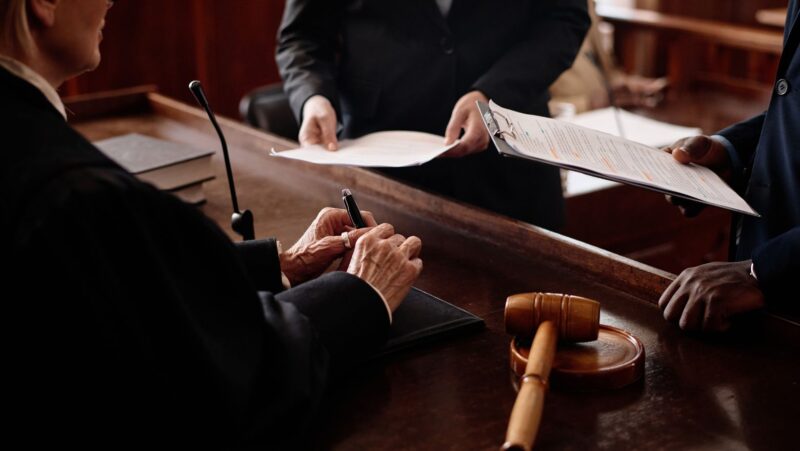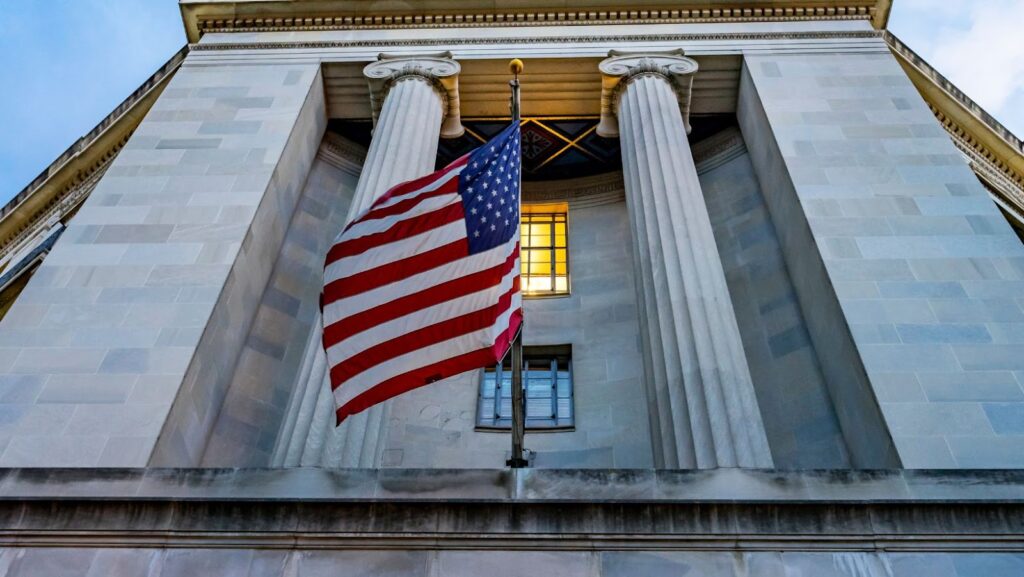
As President Joe Biden takes office, he is faced with the daunting task of restoring the rule of law within the United States. To do this, he will have to rely on the expertise and capabilities of the Justice Department. The Justice Department’s role in safeguarding the rule of law is critical, especially in these divisive times. In this article, we will discuss how the Justice Department can help protect the rule of law and how President Joe Biden can use their expertise to ensure the law is enforced.
Overview of The Justice Department
The United States Department of Justice is the federal department responsible for administering and enforcing the laws of the United States. The head of the department is the Attorney General, appointed by the President and confirmed by Congress. The Attorney General, who serves as a top adviser to President Joe Biden and lead spokesperson for the administration’s policies, oversees hundreds of staff members and ensures that justice is served throughout America.
The Justice Department’s mission is to provide leadership in combating violations of civil rights, protecting Americans against fraud and corruption, safeguarding national security, enforcing federal laws help reduce crime, protecting victims of crime, preventing terrorism, upholding public safety and ensuring there is equal justice under law throughout our nation. The Department plays a variety of roles in upholding civil rights laws on behalf of all citizens across America, including advancing criminal justice reform efforts; prosecuting environmental crimes; enforcing human trafficking and hate crimes laws; prosecuting civil antitrust cases; defending challenges to election integrity; protecting religious liberty; promoting democracy abroad; pursuing diplomatic resolution for international crises through sanctions or other forms of coercion enforcement efforts; facilitating international investigations against extraterritorial threats such as transnational organized crime networks and terrorists operating domestically or abroad.
In addition to these important efforts towards justice within our borders, President Biden called for robust engagement by U.S law enforcement overseas. He has also committed to use a combination U.S., foreign law enforcement tools that are available to support regional law enforcement training programs in Central American countries including El Salvador Guatemala Honduras Mexico Venezuela Colombia Haiti in order strengthens regional capacity to investigate extradite prosecute cybercriminals those who engaged in human trafficking wildlife trafficking wildlife smuggling illicit arms exploitation other activities threaten national security stability regionally globally. In this effort Justice Department officials in conjunction with agencies like Drug Enforcement Administration (DEA) Homeland Security Investigations (HSI) serve key role representing US interests working protect lives uphold rule law our nations security priorities assisting foreign partners every level effort work together combat global threats drugs violence terrorism criminal organizations worldwide.
President Joe Biden Searches for Justice Department’s Role
President Joe Biden has made it clear that he seeks a Justice Department that serves as the backbone of the federal government and a leader in protecting civil rights and safeguarding the rule of law. His search for an individual to lead this effort is an important step towards ensuring his national security goals are met.
The Attorney General holds an essential role in advocating for the rights of all Americans, both inside and out of the courtroom. The Justice Department’s mission is to seek justice, uphold public safety, promote economic opportunity, protect civil rights and liberties, defend federal laws, and ensure national security. Therefore, the Attorney General must use their power to protect citizens from crime, terrorism and other threats while maintaining constitutional rights like due process.
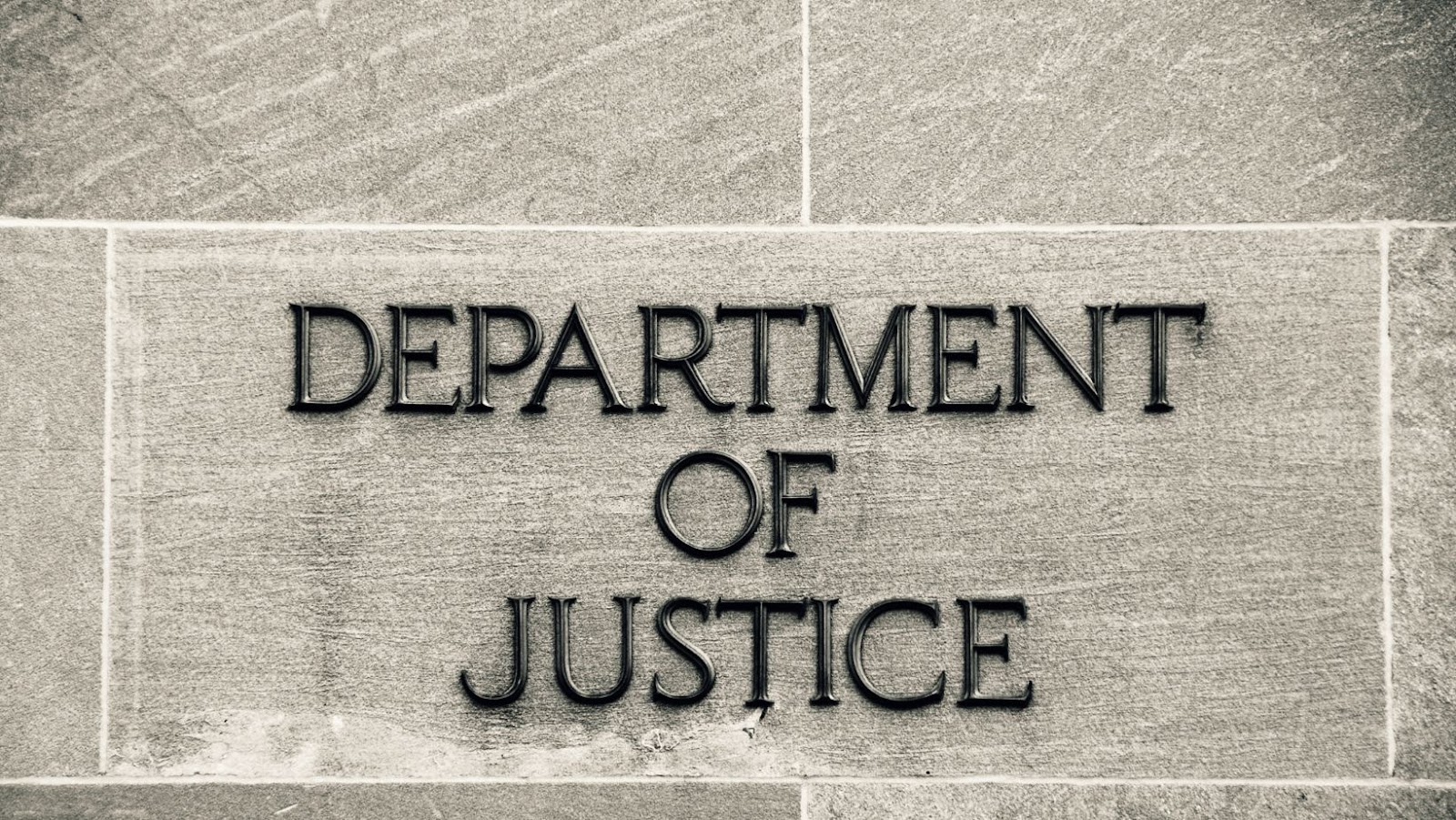
The Office of Legal Counsel advises the President on legal questions arising from executive orders or legislation; provides guidance on constitutional issues; prepares opinions interpreting statutes, regulations or executive orders; helps to shape policy initiatives; and participates in international negotiations over legal matters such as extradition treaties and human rights matters. Additionally, the office participates in litigation dealing with civil liberties laws and national security regulations affecting U.S persons abroad.
The role played by the Justice Department is critical in ensuring our strength in diversity is reflected across all policies within our nation’s government—a priority for President Biden’s administration that can only be achieved with diligent research and collaboration between dedicated federal employees with a common goal: upholding our Constitution so that every American has access to justice without regard to race or gender identity.
History of The Justice Department
The Justice Department has played an important role in shaping the rule of law in the United States. Founded in 1870, the Justice Department has been a cornerstone of the Federal government’s legal apparatus, providing the necessary expertise and resources to guide the President and Congress in not only the interpretation of laws, but also the creation and enforcement of laws. From the landmark Supreme Court decision in Marbury v. Madison to President Joe Biden’s search for the Justice Department’s role in safeguarding the rule of law in 2021, this article will provide a comprehensive overview of the history of the Justice Department.
Origins of The Justice Department
The institutional origins of the U.S. Department of Justice can be traced to the nation’s founding in 1789, when President George Washington issued a presidential proclamation creating the United States Attorney’s Office (the original version of today’s U.S. Attorney’s Office). This office brought criminal cases against individuals who violated federal law and represented the government in civil litigation.
In 1870, President Ulysses S. Grant combined five separate agencies into a new department, which he named the Department of Justice; this newly created department was tasked with enforcing laws and serving as an advocate for justice in all areas of American life. This move gave much greater authority to the federal government in matters involving criminal law. Moreover, it helped lay the groundwork for future initiatives by subsequent administrations and Congresses.
This era established key programs and bureaus within the Justice Department including what is now known as The Bureau of Investigation (the predecessor to today’s Federal Bureau of Investigation), which began operating in 1908 under Attorney General Charles Joseph Bonaparte; The Bureau of Prohibition (enforcing prohibition laws against production, sale, or transportation); The War Frauds Unit (protecting veterans’ pensions); The Trust Division (which enforces antitrust laws); and The Criminal Division (establishing criminal Offices across 19 districts.)
Over time, Congress has granted additional responsibilities to the Justice Department, which today have become part of its core mission:
- Protecting citizens from crime and fraud
- Ensuring fair treatment under law
- Providing essential services to victims through its Victim Assistance Program
- Promoting public safety through its various press offices
As an arm of the executive branch, it has also been instrumental in working closely with state governments around enforcement issues related to drug trafficking control within their boundaries – another critical aspect that lends toward promoting public safety throughout our nation at large.
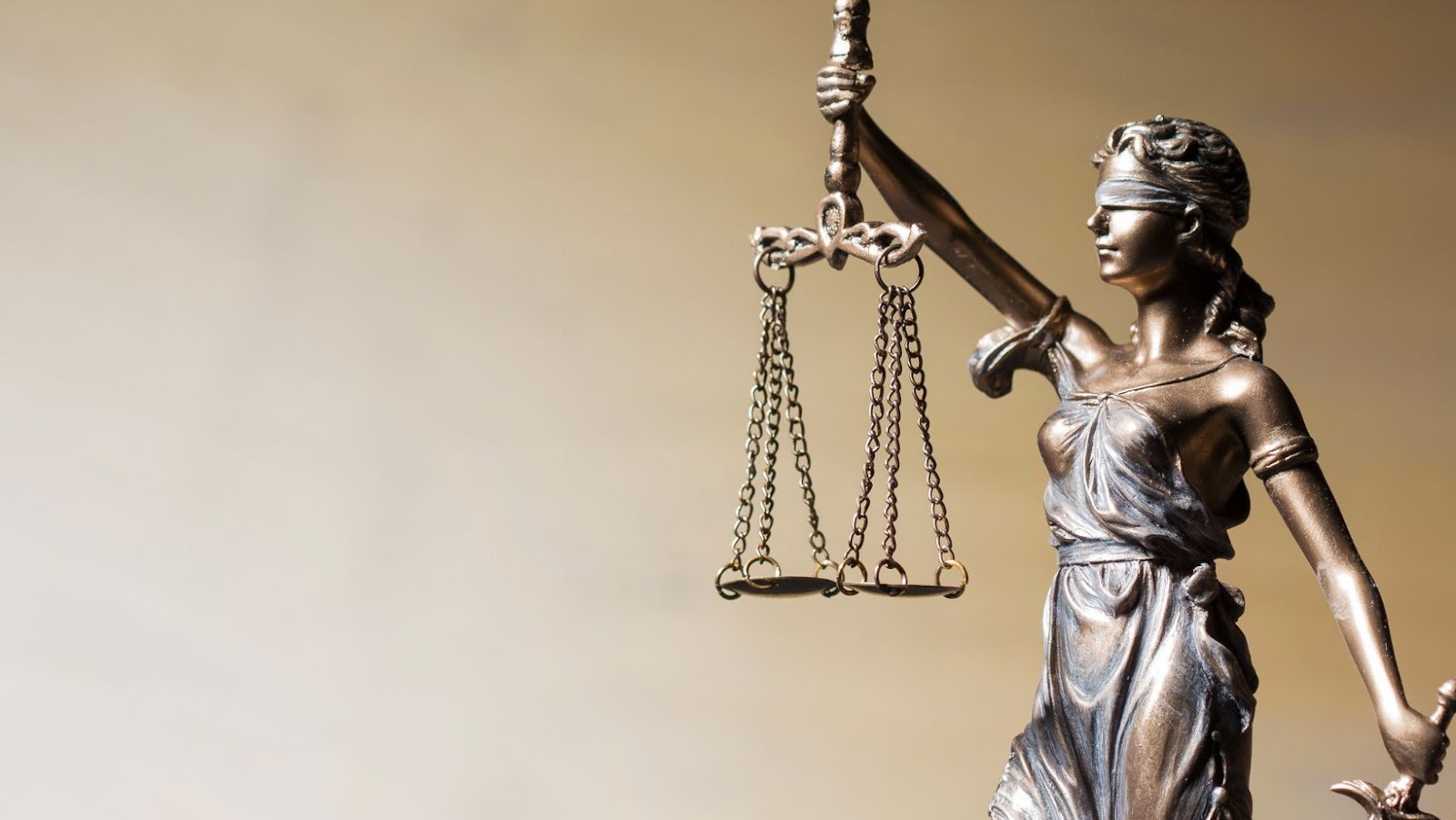
President Joe Biden is currently directing his search for a new leader at Justice Department- one who will continuously seek out further opportunities and offer creative ways to safeguard America’s civil rights, civil liberties as well uphold international rule-of-law principles around our legal system moving into 2021 – making this a pivotal period in ensuring safeguarded rule-of–law principles that are ever present amidst current events both on domestic grounds as well across other global markets – one rife with a deep understanding that sustains forward progress towards justice at large whose manifestation is defined by well rooted precedents elucidating equitable application towards all members belonging held up within this American society we live subject too
Evolution of The Justice Department
The United States Department of Justice (DOJ) has been a cornerstone of American democracy since its creation in 1870. Throughout its 150-year history, the Justice Department has served as an important defender of civil rights, advocate for the rule of law, and enforcer of federal laws. As new challenges to our nation emerge and change, the DOJ remains at the centre of most national issues.
In its early days, the DOJ primarily focused on enforcing statutes and prosecuting those who violated the law. Over time, it began to take on more expansive roles and policymaking responsibilities. During World War II it was tasked with maintaining civil liberties while protecting freedom at home and abroad. The 1950s ushered in an era where President Eisenhower shifted attention to antitrust regulations and diversifying legal teams in line with civil rights standards.
The succeeding decades brought further modernization to the Justice Department with input from President Kennedy’s famous words: “ … let us not be blind to our differences – but let us also direct attention to our common interests…” This set off a steady stream of reform including a major reorganisation by President Johnson, greater emphasis on consumer protection under Nixon, enforcement initiatives by Carter and Reagan resulting in greater economic endeavours for violating parties and providing for victims’ rights under Clinton.
More recently under Obama, Attorney General Eric Holder implemented programs such as Deferred Action for Childhood Arrivals (DACA) which offered protection against deportation for undocumented immigrants brought into the US during childhood. President Trump continued these initiatives while also reshaping some focus areas including aggressive pursuit of gang violence prosecution such as MS-13; reestablishing Project Safe Neighborhoods; reviewing policing protocols; increasing challenging proof requirements for asylum seekers; imposing legal restrictions that weakened DACA protections; shifting false claims target goals from corporations to individuals; expanding access to capital markets using data analytics; upholding religious liberty regulations & information security strategies prioritizing federal networks & communication infrastructure maintenance & complyments & launching a no-tolerance policy toward violent crime & illegal immigration by increasing interior detention / deportation processes. Now under President Joe Biden`s administration ,the Justice Department is focused on upholding civil rights laws & reversing several policies enacted over the last 4 years ,with a requirement that DOJ attorneys must review litigation authorities involving all executive actions taken against states ,Indigenous people etc ,as well countering attempts made by foreign governments who have tried breaching / attacking cyber infrastructures or questions involving elections or campaign fundraising processes.
Current Role of The Justice Department
President Joe Biden has recently committed to restoring faith in the U.S. Justice Department and its role in safeguarding the rule of law. Under Biden’s leadership, the Department of Justice will continue to openly investigate and prosecute communication of federal law, hold accountable those who break the law, and seek justice for those wronged. This article will explore the current role of the Justice Department and how it can help protect the rule of law.
Safeguarding The Rule of Law
The primary purpose of the United States Department of Justice (DOJ) is to safeguard the rule of law, protect justice, and uphold the Constitution. Since its creation in 1870, it has assumed a pivotal role in federal law enforcement and criminal justice activities.
Under President Joe Biden, the DOJ is once again tasked with protecting civil rights and defending civil liberties by enforcing federal laws. In addition, president Biden emphasises reversing many decisions made during former president Donald Trump’s administration in his promises to pursue criminal justice reform and restore “fundamental fairness” to Americans’ lives within our judicial system.
To ensure that America stays true to its ideals, President Biden plans to revive the Office of Justice Programs (OJP) shut down during the Trump administration due to budget cuts. The OJP will reduce crime and improve policing practices in our communities. They will also be responsible for restoring relationships between law enforcement and communities whose trust has been damaged over recent years by unaccustomed or improper force being wielded against them by police officers.
The DOJ also reaffirmed its long-standing commitment in March 2021 that it will aggressively prosecute civil rights violations or unjustified activities that might arise from policing departments nationwide. This includes hate-based violence against individuals or organizations based on race, religion, sex orientation, gender identity, disability status or national origin.
In summing up his plans for the DOJ late last month President Biden said “we must build a nation where everyone can trust their government — especially those most likely to be confronted with unnecessary force — faith in one another and abiding by our laws by seeking justice as we hold ourselves accountable”. He also said that he expects “the Justice Department to remain focused on fighting discrimination while promoting fair-minded justice.”
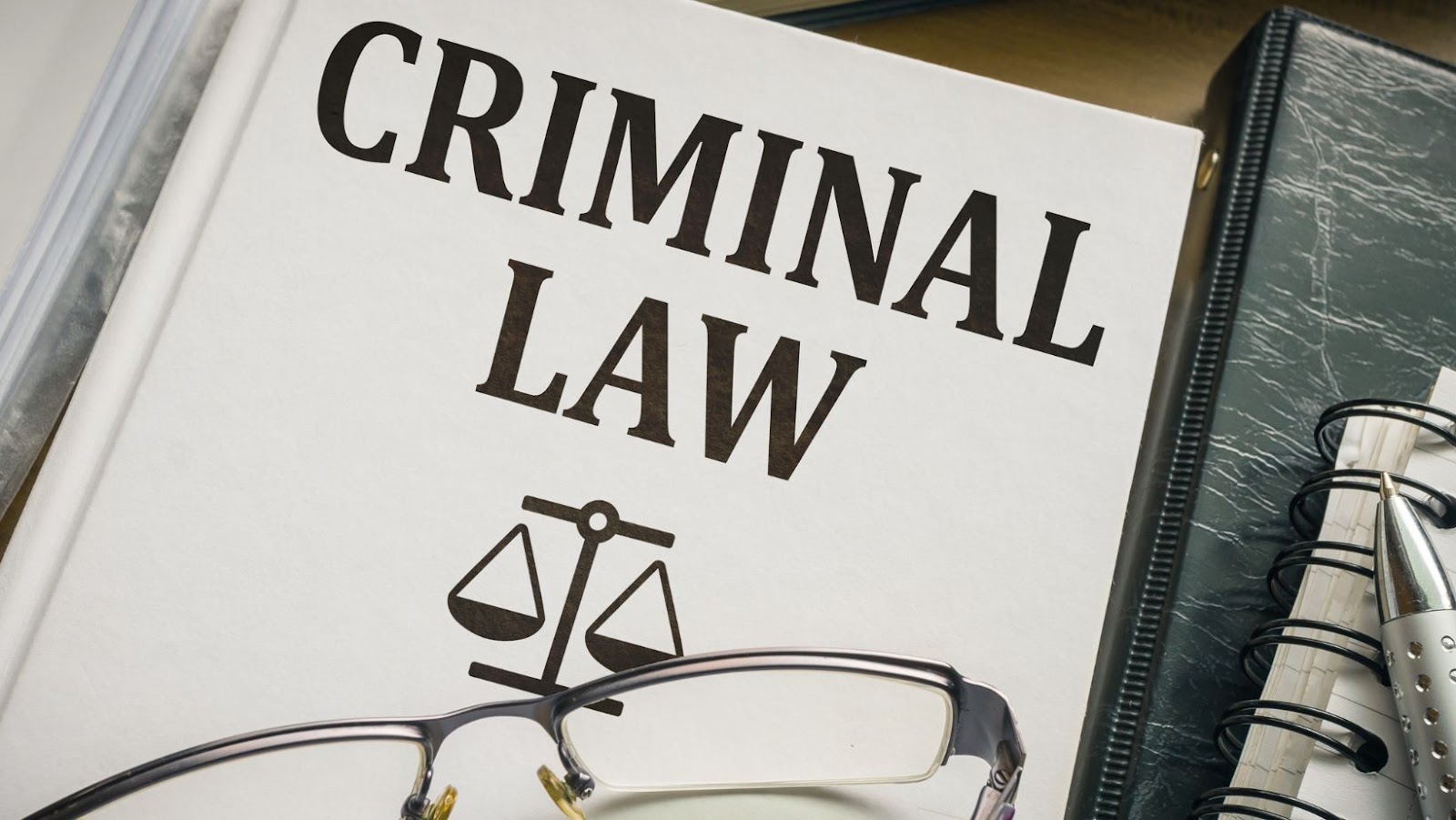
Prosecuting Civil Rights Violations
The Justice Department plays a critical role in protecting civil rights, prosecuting the violation of constitutionally-protected civil rights, and advancing laws that hold individuals and entire organisations accountable for legal and human rights abuses. Under the leadership of President Joe Biden, the Justice Department has committed to greater action and stronger enforcement regarding civil rights violations.
In November 2020, former Attorney General William Barr declared an increased priority on civil rights enforcement at the department. This includes former officer Derek Chauvin’s recent conviction for murdering George Floyd. The conviction sends an important message about accountability for officers who violate their duties to protect and serve.
Throughout his tenure, President Biden consistently expressed his desire for swift justice regarding alleged civil rights violations. To achieve this goal, the Justice Department has worked with advocacy groups to modernise laws and policies surrounding Civil Rights infractions.
During times of social unrest, especially in cases where violence or destruction of private or public property occurs as a result of vocal disagreements with government policies, President Joe Biden also continues to emphasise his support towards increased enforcement capabilities so that matters can be effectively addressed on all sides responsibly and fairly. Additionally, he supports improved education regarding civil liberties laws so that citizens may become cognizant better-informed citizens and maintain a greater respect towards their relationship with law enforcement personnel across America.
Investigating and Prosecuting Federal Crimes
The Justice Department has a long history of investigating and prosecuting federal crimes involving public corruption, civil rights violations, organized and white-collar crime, financial fraud, cybercrime, and terrorism. Under the Biden Administration, the Department continues to prioritise the prosecution of these offences.
In addition to creating specialized task forces dedicated to investigating certain criminal behavior — such as child exploitation and human trafficking — the Justice Department is also focused on developing intelligence and enforcement strategies that address broader criminal activity. This can include strategic partnerships with other federal agencies or foreign governments to address emerging threats, or using data analytics to identify criminal activity that is traditionally difficult to detect.
The Justice Department is also increasingly using its investigative authority to evaluate systemic problems involving potential civil rights violations or other widespread misconduct among law enforcement agencies or private entities. This includes conducting reviews of police departments and reviewing allegations of racial profiling by government officials or businesses. As part of this process, one key role of the Department is working with state and local governments through consent decrees to resolve underlying issues identified through its investigations. The end goal is always fostering trust between police officers and their communities while holding entities accountable for violating the laws they are sworn to uphold.
Challenges Facing The Justice Department
President Joe Biden’s search for the Justice Department’s role in safeguarding the rule of law is an important step in the right direction. From criminal justice reform to civil rights enforcement, the Justice Department is uniquely positioned to protect the rights of the American people. However, there are several unique challenges that the Department must face to ensure that these objectives are met. This article will explore these challenges and how the Biden Administration addresses them.
Police Brutality
The Department of Justice has faced many challenges surrounding police brutality and the need to create a just and equitable court system. This is particularly significant in the wake of the Black Lives Matter movement, which has shed light on systemic racism and police brutality against people of colour.
Among the most poignant issues related to police brutality are excessive use of force, discriminatory policing practices, racial profiling, sexual misconduct, and unsafe working conditions for officers. To address these issues and ensure justice within law enforcement institutions, President Joe Biden has established several guidelines that focus on improving public safety. These include: training for local law enforcement on how to interact with diverse communities; conducting bias-free policing through reviews and fair investigative practices; adding additional layers of oversight within police departments around transparency; updating use-of-force policies; reducing both officer misconduct and complaints against officers; increasing diversity within leadership roles in law enforcement organisations; developing measures to increase accountability while still maintaining trust between officers and community members; requiring body cameras for increased civilian accountability when interacting with officers; ensuring transparency in weapon usage data; creating better ways for civilians to hold police accountable such as civilian review boards or inspector generals with direct authority from elected leaders.
The Justice Department faces an immense challenge in restoring faith toward law enforcement agencies in communities largely impacted by disproportionate police actions. Implementing these standards in several different ways including collaborations between government agencies and state legislatures can bring change at multiple levels as it relates to reforming national and local policing policies. The Biden Administration is taking bold steps towards addressing these injustices by committing resources towards reforming policing practices while still maintaining safety standards across all levels of law enforcement with the hope that superior services will result in improved public relationships around the issue at hand.
Systemic Racism
At President Joe Biden’s inauguration, he promised “a new vision … [that] reunites the soul of this nation” and declared that “justice and truth will be reformed.” This promise is rooted in his commitment to dismantling systemic racism and reforming the Justice Department to ensure it protects all Americans.
Systemic racism has been a long-standing issue in our justice system. African Americans are disproportionately targeted and “over-policed” or face harsher punishments for similar offences involving white counterparts. This is part of a broader pattern of racial disparity within the system, whereby individuals from minority backgrounds are more likely to be denied access to social welfare benefits, fair housing opportunities and other rights that white people may take for granted.
The Justice Department has an important role in addressing systemic racism inside the criminal justice system by expanding criminal justice reform efforts. This means implementing strategies at both the federal level – like reforming sentencing guidelines – and local levels such as improving training for police officers on recognizing implicit bias. In addition, the department can pursue additional legal remedies such as federally funded grants dedicated toward providing resources to communities impacted by racial disparities in law enforcement practices, as well as civil rights claims against states with demonstrated patterns of unequal treatment based on race or ethnicity.
These actions represent only a few steps necessary to achieve President Biden’s promise of creating a new vision for America’s equal justice system – but they will go a long way toward beginning this work in earnest.
Immigration Reform
The Justice Department plays a key role in reform efforts to update the immigration system for the new administration of President Joe Biden. Immigration reform is a complex issue that involves addressing enforcement policies from the Trump Administration and attempting to pass additional legislative measures.
The Biden Administration is proposing a sweeping overhaul of the US immigration system, including protecting Dreamers by providing them with a pathway to citizenship, expanding legal immigration options, increasing immigrant rights protections and ensuring more economic opportunities. This will require developing regulations and programs through the Justice Department’s agencies that oversee immigration, such as U.S. Citizenship and Immigration Services (USCIS), U.S. Immigration and Customs Enforcement (ICE) and Customs and Border Protection (CBP).
The Justice Department will have to engage in active dialogue with members of Congress to pass bipartisan legislation that provides a long-term solution for Dreamers, increases legal immigration levels and creates additional protections for immigrants in detention or deportation proceedings by implementing better standards of care nationwide. Moreover, they’ll oversee internal enforcement operations while reforming policies prioritising public safety over rounding up non-criminal immigrants or those seeking asylum entering through official ports of entry. The goal is to strengthen due process protections while balancing law enforcement discretion with both legal protection for those facing deportation — even if an individual is undocumented — as well as public safety goals within our borders by helping reduce drug trafficking in impacted communities near borders like Arizona or Texas.
The Importance of the Justice Department in Safeguarding The Rule of Law
The Justice Department serves as the nation’s premier law enforcement agency. It plays a significant role in protecting the United States from national security threats, safeguarding the rule of law, and pursuing justice for all those affected by crime. Under the guidance and direction of President Joe Biden, the Justice Department is uniquely positioned to restore public trust in the rule of law, provide oversight to better protect Americans’ civil liberties and economic rights, combat discrimination against individuals based on race or religion, hold corporate wrongdoers accountable and create a more equal justice system.
The Justice Department safeguards the legal protections laid out in our Constitution. In addition to overseeing federal criminal enforcement matters, it also has primary responsibility for enforcing federal civil rights laws that guarantee equal access to justice under the law regardless of race, religion or origin. It also must investigate corporate wrongdoing that adversely affects consumers’ health or pocketbooks. In this way, it plays a key role in ensuring that no one is above or below the law — regardless of their political power or influence.
Furthermore, President Biden has asked his Justice Department teams to lead by example in building trust between communities and police forces around America. This effort includes working with state and local authorities to develop fairer policing practices that prioritise community engagement and constructive dialogue rather than harsh punishments or criminalising peaceful protest activity. Ultimately, by serving its dual roles as enforcement arm of justice and defender of constitutional freedoms for every American citizen regardless of ethnicity or economic status, President Biden’s Justice Department stands squarely at attention defending its citizens while securing an equitable environment where laws are enforced fairly yet efficiently.
tags = US president, President, Joe Biden, legislative branch, US government, justice representative, sources biden doj white big technylenpolitico, Biden administration, sources biden doj white house technylenpolitico, government officials, sources biden doj technylenpolitico, Joe Biden presidency, white house officials, legislative official, legislative office, USA










